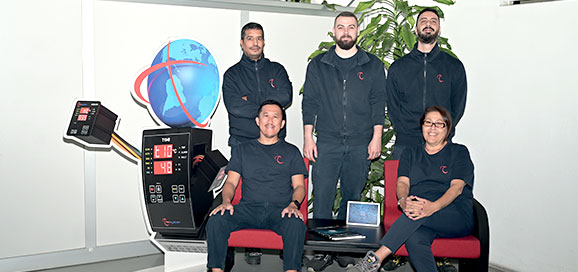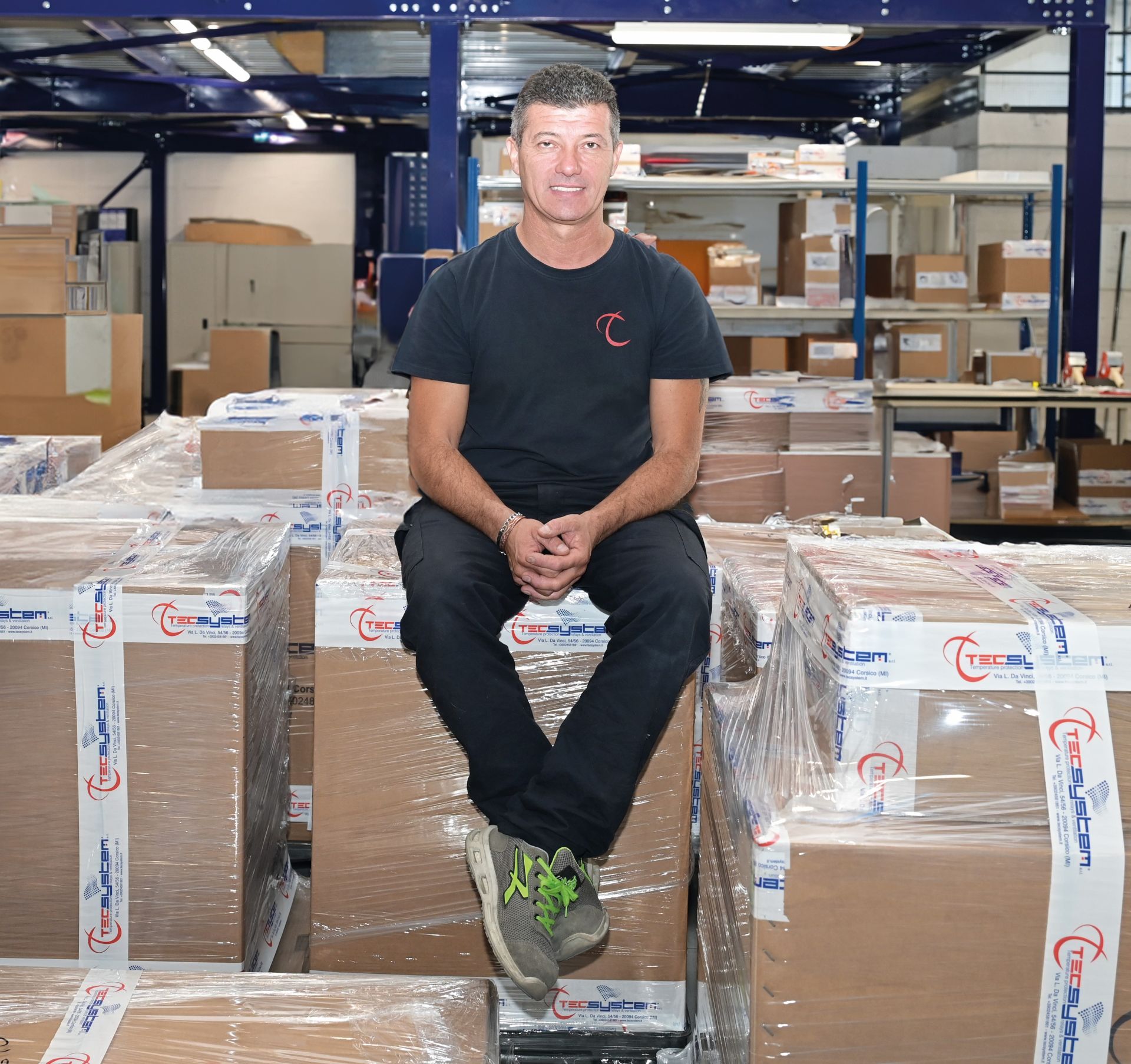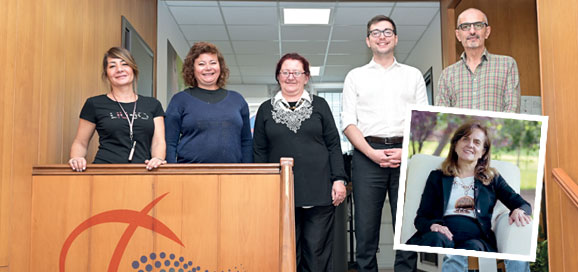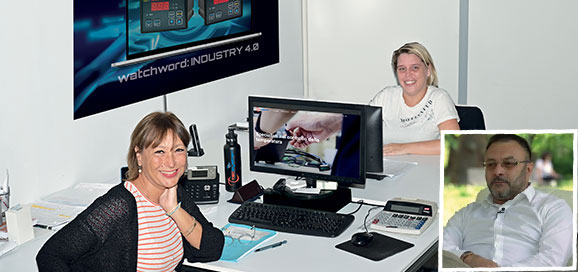This is the Electronic Production area, Andrei Contu tells us about it
Andrei has witnessed the growth of this Tecsystem department over the last 12 years: he came to the company in 2012 as an intern and today he is the contact person for all activities relating to the electronic production of control units, TPLs (for oil transformers) and SMDs (for electronic boards).
What happens in the Electronic Production Department?
The department team consists of Khiri Said, Jason Calo, Bianco Lorena and Nicola De Meo in addition to myself.
Here we check and test electronic products, which are subjected to stringent tests, depending on their type and final destination.
Our goal and procedures aim to guarantee levels of safety and performance that go far beyond those required by law. This process starts at the design stage and ends here, where each instrument is thoroughly tested.
What are the key safety tests you carry out?
The main features to be tested relate to the resistance and perfect functioning of the product under certain conditions of temperature, humidity, etc.
For example, temperature tests simulate environments around transformers between 0 and 200 degrees: conditions with a far greater margin than what is likely to happen in the real situation.
Relays are also carefully analysed, because their operation must be punctual and precise.
Then there are special tests, dedicated for example to control units intended to operate in highly humid environments, such as marine environments. Here the risk is that condensation may form on the components, causing malfunctions.
Our systems are brilliantly able to exceed the parameters required by regulations even in these cases, and are RINA-certified.
100% of control units tested
To ensure the total and complete safety of our products, we have chosen to test and inspect the TOTALITY of our units.
Out of the over 50,000 power units we produce on average each year, we therefore carry out more than 50,000 tests: every one of our products is certified and guaranteed.
What has changed in your department in the last 10 years?
Progress is continuous and tangible. The direction is definitely towards process automation, which guarantees greater repeatability and precision.
Today, we have semi-automatic test benches, where simulations, previously carried out manually, are reproduced by smart systems. Even the behaviour of the relays, which previously required visual checks, is now automatically checked by the control system.
In the future, the system will develop further, storing and sorting information from all tests and creating a wealth of historical data that will increase our capacity for technological development even further.










